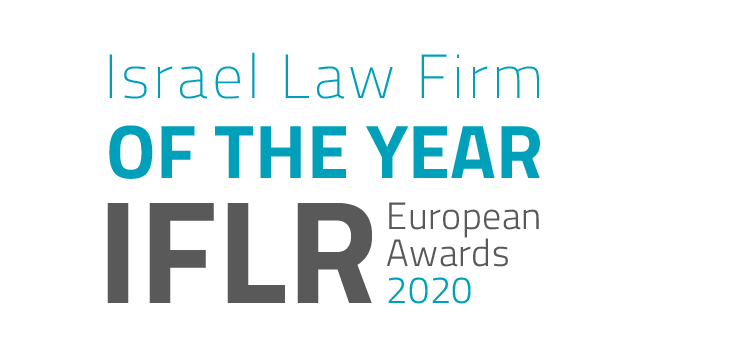China Releases New Outbound Investment Regulations
I. Background
The State Council of China published Guiding Opinions on Further Guiding and Regulating the Direction of Overseas Investment (the “Guideline”) in August, 2017, which was jointly issued by the National Development and Reform Commission (NDRC), the Ministry of Commerce (MOFCOM), the central bank People’s Bank of China (PBC), and the Ministry of Foreign Affairs (MFA).
As the first document clarifying the position of regulation authorities regarding outbound investment since the policy shift in the latter half of 2016, the Guideline is expected to provide some certainty for Chinese and overseas enterprises when assessing the feasibility and the regulating cost of relevant investments.
Similar to regulation on inbound investments, the Guideline puts outbound investments into three categories: encouraged, restricted, and prohibited. Encouraged investments will enjoy preferential policies, including on tax, insurance, customs, information, and foreign exchange, which has been one of the major obstacles for outbound investment in the past months; restricted investments will be subject to certain restrictions and more procedural requirements. In addition, investments which do not fall into any of the three categories would be regarded as “permitted” investments. See below a brief list of the three categories.
II. Categories of Outbound Investments
A. Encouraged outbound investments
(1) “Belt and Road Initiative” related infrastructure investments
(2) Investments facilitating the export of domestic advantaged production capacity, advanced equipment and technology standards;
(3) Investment in and cooperation with overseas high-tech enterprises and high-end manufacturers; setting up R&D centers;
(4) Energy exploration & exploitation;
(5) Agricultural investment and cooperation, including with respect to agriculture, forestry, livestock, side-line occupations, fishery, etc.; and
(6) Investment in commerce, culture and logistics related services; setting up of overseas branches and service networks by qualified financial institute;
B. Restricted outbound investments
(1) Investments in countries having no diplomatic relation with China or in wars, or in sensitive countries and districts with whom the cooperation is restricted by relevant treaties and agreements;
(2) Investments in real estate, hotels, movie theaters, entertainment industries, sports clubs;
(3) setting up of overseas equity investment funds / investment platforms without specific projects;
(4) investments utilizing equipment falling short of technology standards in the destination country; and
(5) Investments which don’t meet the environmental, energy consumption, security standards of the destination country.
Among the above, investments in items (1) to (3) require approval from competent outbound investment authorities. The first item has been subject to approval since before the Guideline, while approval requirement is added to the second and the third items by the Guideline.
C. Restricted outbound investments
(1) Involving unapproved export of military core technology or products;
(2) Involving prohibited export of technology, know-how or products;
(3) Gambling or sex industry ;
(4) Prohibited by international treaties to which China is a party; and
(5) Other investments which damage or might cause damage to national interests and security.
III. Following Legislation; Implications
Following the Guideline a series of supporting measures are expected—a blacklist is to be published to sanction non-compliance of investments; norms on overseas investment and operation are to be drafted to help investors improve their overseas management and risk control; etc. In addition, currently Administrative Measures for Overseas Investments would be amended to comply with the Guideline, and legislation of a higher-level regulation on overseas investment is also under way. For relevant foreign enterprises, it is possible to benefit from the preferential policies and policy certainty given to the encouraged investments by the Guideline.
For further information, please contact:
Adv. Yue Gao ygao@fbclawyers.com +972.3.694135

